Can Marvel Maintain Quality? A Look At The Future Of The MCU
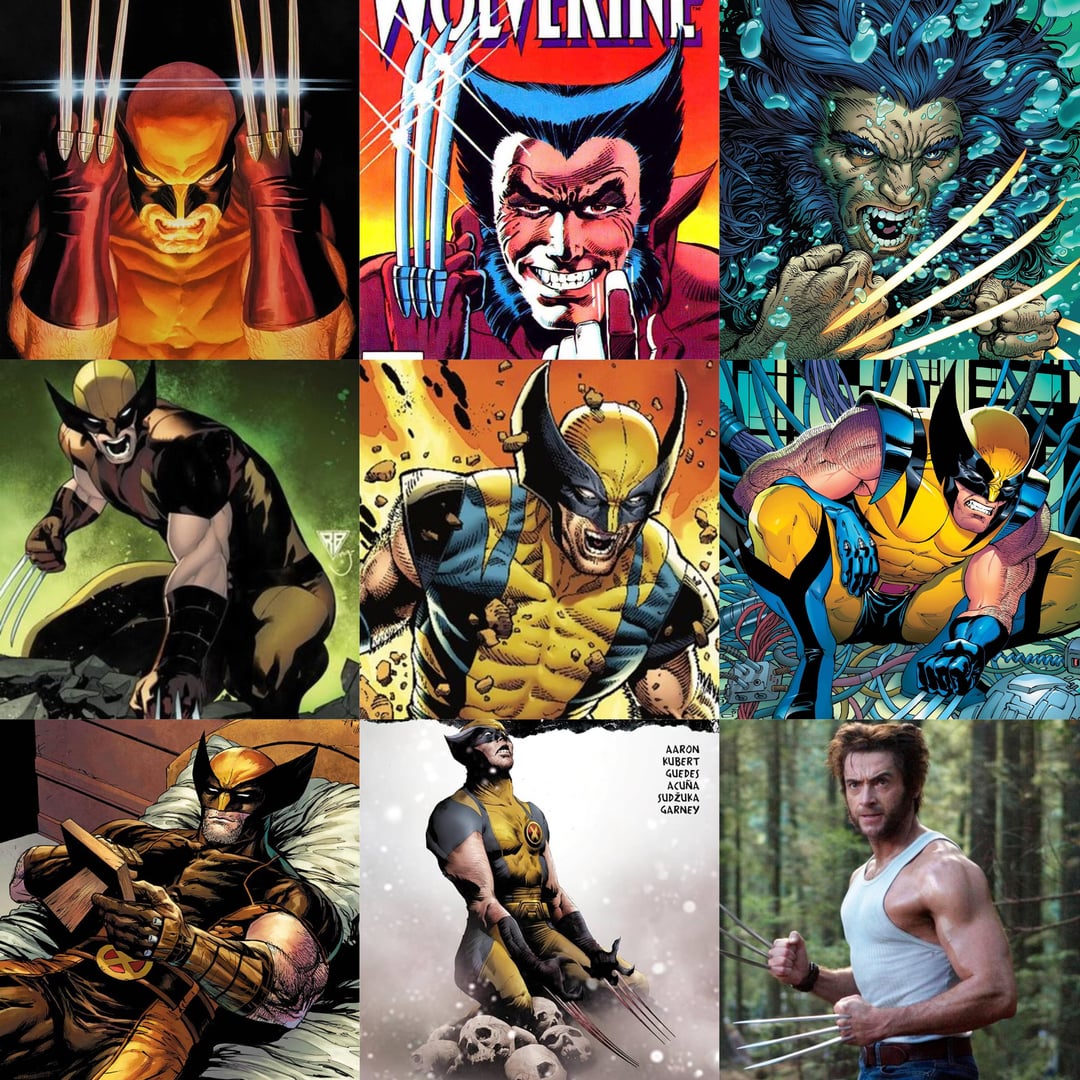
Table of Contents
The Expanding Universe: A Blessing and a Curse
The MCU's massive success has led to an unprecedented expansion of its content. This presents both incredible opportunities and significant challenges regarding maintaining consistent quality.
The Sheer Volume of Content
The sheer volume of content being produced – numerous films, TV series, and spin-offs – creates immense pressure. This high-output model brings several risks:
- Increased production pressure: Rushing projects to meet deadlines can compromise creative vision and quality control.
- Potential for creative burnout: The constant pressure to produce new content can lead to burnout amongst writers, directors, and other creative personnel.
- Difficulty in maintaining cohesive storytelling: Keeping a consistent narrative across so many different projects, some helmed by different creative teams, is incredibly challenging.
For example, while WandaVision and Loki received critical acclaim for their innovative storytelling and exploration of complex characters, other Disney+ shows have faced criticism for inconsistent quality or pacing. This highlights the inherent difficulties of managing such a vast and diverse range of projects. The success of Disney+ as a streaming platform relies heavily on a steady stream of high-quality Marvel content, placing even more pressure on the MCU's production pipeline.
Interconnectivity and Shared Universe Fatigue
While the interconnected nature of the MCU is a key element of its appeal, there’s a risk of audience fatigue from constant crossovers and shared storylines.
- The risk of over-saturation: Too much interconnectedness can lead to a feeling of being overwhelmed and lose the impact of individual stories.
- The importance of standalone stories: While connections are important, allowing individual projects to stand on their own merits is crucial to avoid alienating viewers.
- The need for compelling overarching narratives: The overarching narratives need to be compelling and well-executed to justify the interconnectedness, avoiding overly convoluted plots that confuse rather than engage audiences.
The success of films like Black Panther, which delivered a powerful standalone narrative while still existing within the larger MCU context, demonstrates the importance of striking a balance. Conversely, instances where interconnectedness felt forced or detracted from individual stories serve as cautionary tales. The future success of the MCU will depend on carefully navigating this delicate balance.
Creative Direction and Shifting Priorities
The creative direction of the MCU is paramount to its continued success. Changes in leadership and evolving priorities present both challenges and opportunities.
The Impact of Leadership Changes
Kevin Feige's leadership has been instrumental to the MCU's success. His continued involvement is reassuring, but succession planning is crucial.
- Kevin Feige's role: His vision and oversight have been crucial in maintaining a consistent tone and quality across the MCU.
- Potential successors and their vision: The future success of the MCU hinges on identifying and nurturing potential successors who can uphold the high standards established by Feige.
The varied styles of directors such as Taika Waititi (Thor: Ragnarok) and the Russo brothers (Avengers: Endgame) demonstrate the potential for stylistic diversity within a shared universe. However, maintaining a consistent overall vision remains vital.
Balancing Fan Expectations with Creative Risks
Marvel faces the challenge of meeting audience expectations while simultaneously taking creative risks to remain innovative.
- The importance of surprising audiences: Avoiding predictable storylines and character arcs is essential for maintaining audience engagement.
- The potential downsides of relying heavily on established formulas: Over-reliance on successful formulas can lead to stagnation and creative burnout.
- Managing fan backlash: Taking creative risks inevitably carries the risk of alienating some segments of the fanbase.
Successful examples of Marvel taking creative risks include the unique styles of Guardians of the Galaxy and Shang-Chi and the Legend of the Ten Rings. However, the reception to certain films demonstrates that carefully calculated risk-taking is crucial for maintaining audience approval.
The Future Landscape of Superhero Entertainment
The superhero genre is increasingly competitive, demanding that Marvel adapt and innovate to maintain its leading position.
Competition from other Franchises
The rise of other superhero franchises, such as DC's cinematic universe and Sony's Spider-Man universe, presents significant competition.
- Mention DC, Sony's Spider-Man universe, and other emerging competitors: The landscape is evolving, and Marvel must constantly adapt to stay ahead of the competition.
Marvel's continued success will depend on its ability to differentiate itself while remaining relevant in a crowded field.
Adapting to Changing Audience Preferences
Audience preferences are constantly evolving, demanding that Marvel stay responsive to changing demands.
- Discuss the evolving expectations of audiences in regards to diversity, representation, and social commentary: Audiences expect diverse representation and stories that reflect the complexity of the real world.
- Mention the changing media consumption habits (streaming vs. theatrical): The rise of streaming has fundamentally altered how audiences consume media.
Marvel has already made strides in incorporating diverse characters and storylines, but continued adaptation and innovation will be key for maintaining relevance.
Conclusion
The future of the MCU is not guaranteed. Maintaining the quality that has defined the franchise requires a delicate balancing act. Managing the expanding universe, maintaining strong creative direction, and adapting to a competitive and evolving landscape are all crucial aspects for continued success. The sheer volume of content presents inherent risks, but it also offers opportunities for innovative storytelling. The key will be striking a balance between ambition and execution, ensuring each new project enhances the overall MCU experience. Can Marvel maintain quality? The answer depends on their ability to adapt and innovate while remaining true to the elements that made the MCU a global phenomenon. Keep watching the MCU and analyzing its future releases – the ongoing question of whether Marvel can maintain quality is one worth continuing to explore.

Featured Posts
-
 Hong Kongs Us Dollar Peg Intervention After A Three Year Hiatus
May 05, 2025
Hong Kongs Us Dollar Peg Intervention After A Three Year Hiatus
May 05, 2025 -
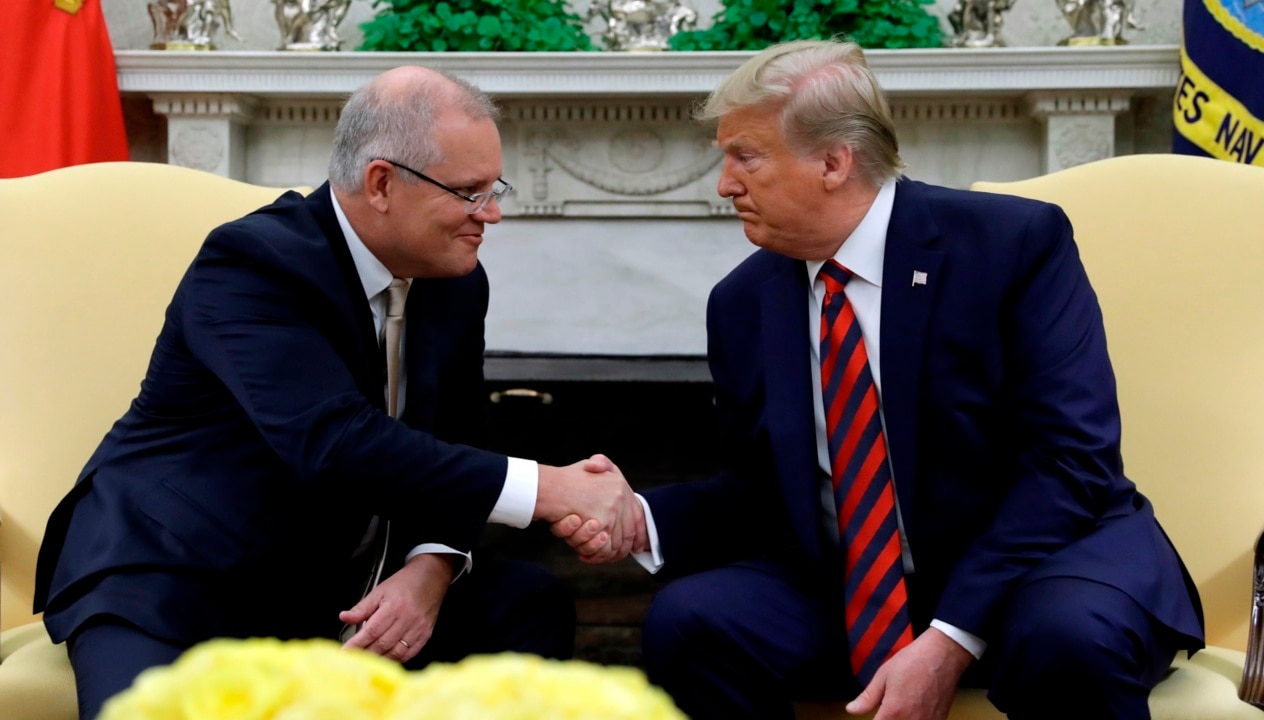 Impact Of Anti Trump Sentiment On Australias National Election
May 05, 2025
Impact Of Anti Trump Sentiment On Australias National Election
May 05, 2025 -
 Anna Kendricks Age Revealed A Milestone That Stuns Fans
May 05, 2025
Anna Kendricks Age Revealed A Milestone That Stuns Fans
May 05, 2025 -
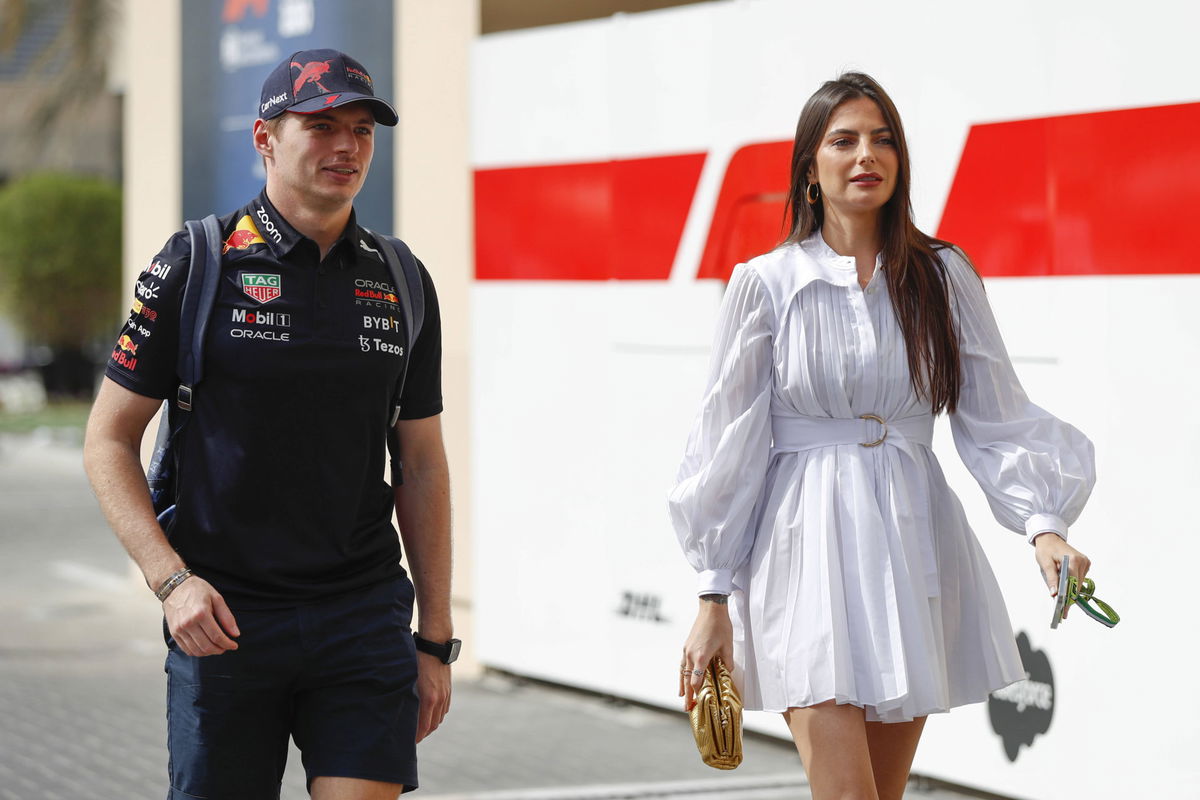 Verstappen Opens Up After Welcoming Baby Daughter
May 05, 2025
Verstappen Opens Up After Welcoming Baby Daughter
May 05, 2025 -
 Countdown To Kentucky Derby 151 A Comprehensive Preview
May 05, 2025
Countdown To Kentucky Derby 151 A Comprehensive Preview
May 05, 2025
Latest Posts
-
 Get The Look Anna Kendricks Sparkling Shell Crop Top
May 05, 2025
Get The Look Anna Kendricks Sparkling Shell Crop Top
May 05, 2025 -
 Anna Kendricks Shell Crop Top The Perfect Summer Look
May 05, 2025
Anna Kendricks Shell Crop Top The Perfect Summer Look
May 05, 2025 -
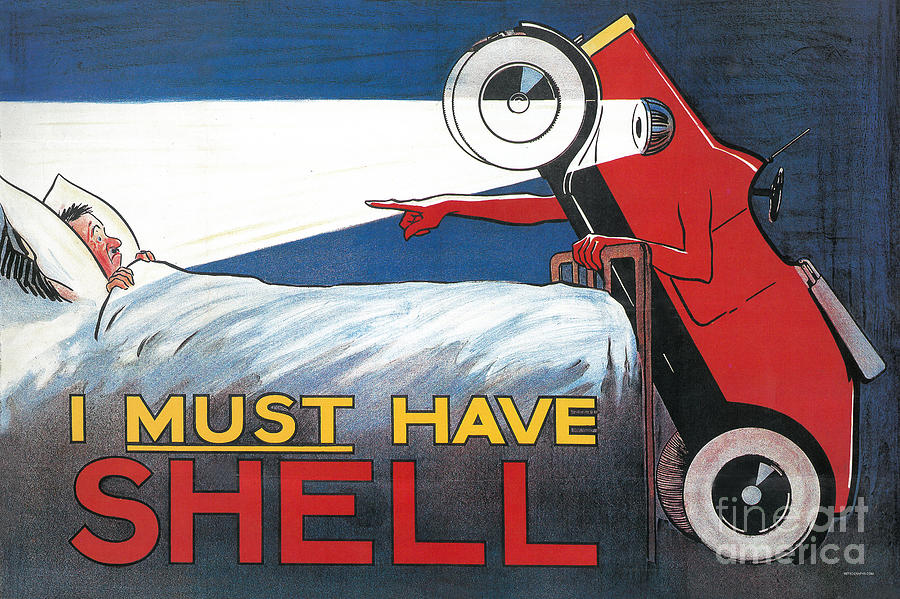 Celebrity Style Inspiration Anna Kendricks Must Have Shell Top
May 05, 2025
Celebrity Style Inspiration Anna Kendricks Must Have Shell Top
May 05, 2025 -
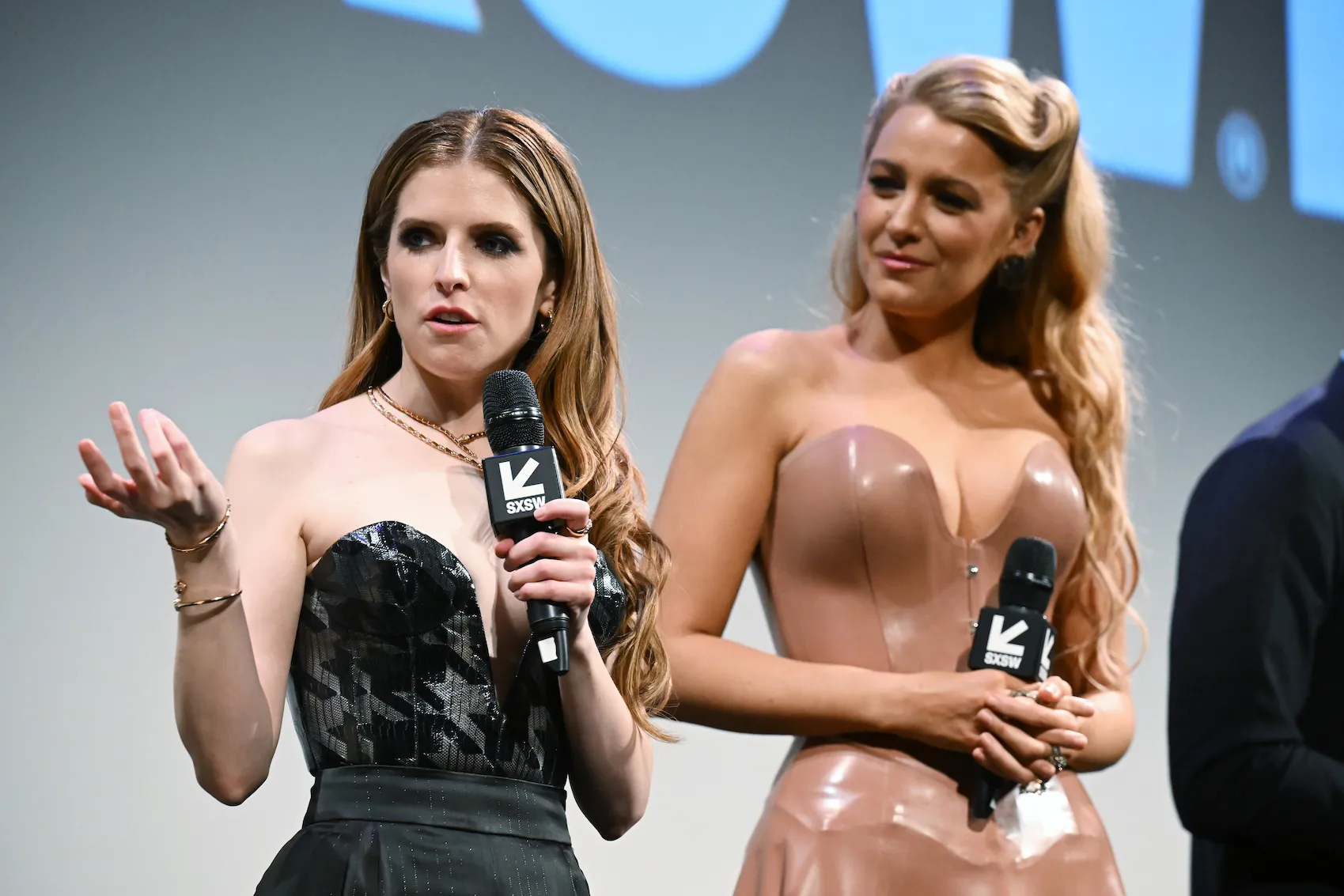 Dispelling Rumors Another Simple Favor Director On Lively And Kendricks Relationship
May 05, 2025
Dispelling Rumors Another Simple Favor Director On Lively And Kendricks Relationship
May 05, 2025 -
 Blake Lively And Anna Kendricks Another Simple Favor Director Sets The Record Straight
May 05, 2025
Blake Lively And Anna Kendricks Another Simple Favor Director Sets The Record Straight
May 05, 2025
